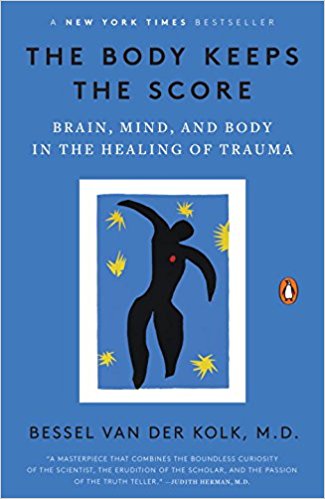Bessel van der Kolk: A Personal Invitation
Bessel van der Kolk in Australia, 2025
Sydney, Melbourne, Brisbane:
March 2025
Traumatized people chronically feel unsafe inside their bodies: The past is alive in the form of gnawing interior discomfort. Their bodies are constantly bombarded by visceral warning signs, and, in an attempt to control these processes, they often become expert at ignoring their gut feelings and in numbing awareness of what is played out inside. They learn to hide from their selves.
Bessel van der Kolk’s approach to trauma redirects us from an obsession with the experience of trauma, and toward the experience of a life worth living and living in one’s body here and now.
Byron Clinic is pleased to present Bessel van der Kolk in a series of two-day workshops in Sydney, Melbourne & Brisbane in March 2025.

Bessel van der Kolk
Bessel van der Kolk, MD, is a clinical psychiatrist whose work integrates mind, brain, body, and social connections to understand and treat trauma. His research ranges from the impact of trauma on development and brain imaging, to the use of yoga, neurofeedback, EMDR, and theater for the treatment of post-traumatic stress disorder.
He is a professor of psychiatry at Boston University School of Medicine, medical director of the Trauma Center in Boston, and co-director of the Complex Trauma Treatment Network, NCTSN.
He is the author of more than 150 peer reviewed scientific articles and several books including the New York Times best-seller The Body Keeps the Score: Mind, Brain, and Body in the Healing of Trauma.
The Body Keeps the Score:
Mind, Brain, and Body in the Healing of Trauma
by Bessel van der Kolk

The Body Keeps the Score is clear, fascinating, hard to put down, and filled with powerful case histories. Van der Kolk, the eminent impresario of trauma treatment, who has spent a career bringing together diverse trauma scientists and clinicians and their ideas, while making his own pivotal contributions, describes what is arguably the most important series of breakthroughs in mental health in the last thirty years.
We’ve known that psychological trauma fragments the mind. Here we see not only how psychological trauma also breaks connections within the brain, but also between mind and body, and learn about the exciting new approaches that allow people with the severest forms of trauma to put all the parts back together again.
Bessel van der Kolk in Australia, 2025
Sydney, Melbourne, Brisbane:
March 2025












